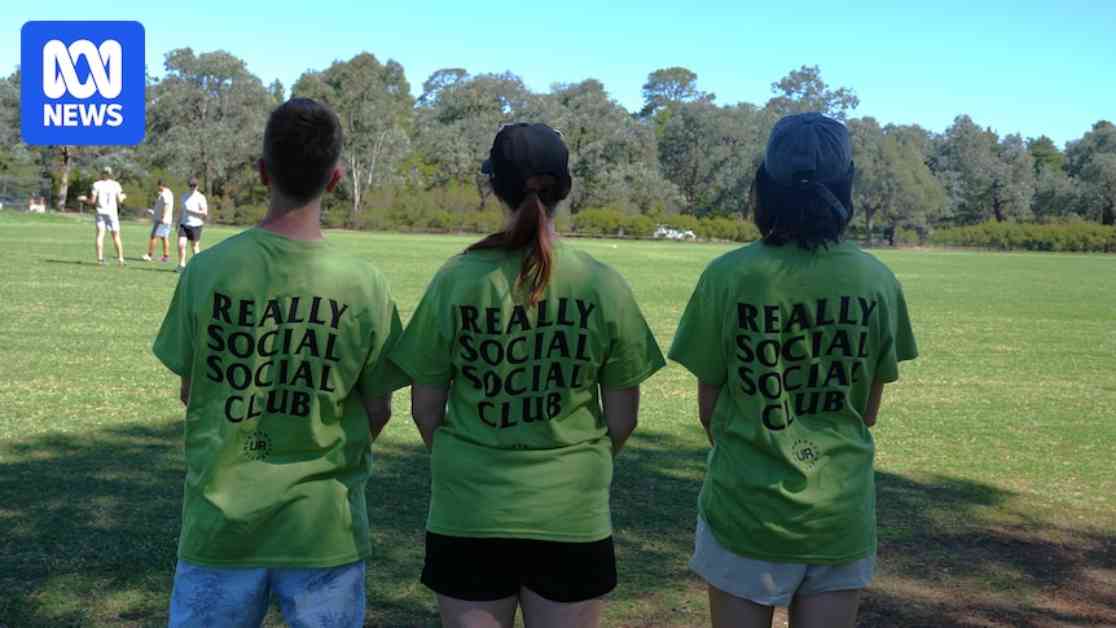Understanding the Impact of Toxic Competition in Social Sports
In a world where social interactions are valued more than ever, the realm of social sports is no exception. It is a place where people come together to have fun, stay active, and build friendships. However, what happens when the spirit of competition turns toxic, driving players away instead of bringing them closer?
One such case is that of Lily Grimley, a young woman who found herself in the midst of a social netball game that took a dark turn. What started as a lighthearted activity to stay active during the pandemic quickly escalated into a nightmare when a fellow player from the opposing team became aggressive and physically violent. Lily’s experience sheds light on the darker side of social sports, where the line between healthy competition and toxic behavior can blur.
The Impact of Toxic Competition
Lily’s story is not an isolated incident. Many adults, particularly women, face similar challenges when participating in social sports. The pressure to win at all costs, the lack of sportsmanship, and the aggressive behavior of some players can create a hostile environment that drives people away from the activities they once enjoyed.
According to Sports Science Professor Rochelle Eime, the main motivation behind playing sports is not always about winning. In fact, the number one reason why people engage in sports is for fun and enjoyment. When the fun is replaced by stress, tension, and aggression, it defeats the purpose of participating in social sports.
Creating a Positive Environment
Recognizing the need for a change, organizations like Urban Rec have taken steps to create a positive and inclusive environment for social sports enthusiasts. By implementing strict social leagues with specific rules aimed at promoting fun, sportsmanship, and camaraderie, they have managed to attract more players and foster a sense of community among participants.
For Lily Grimley, such initiatives could have made a difference in her experience. Addressing competitive behavior and promoting a culture of respect and fair play can go a long way in ensuring that social sports remain a safe and enjoyable space for everyone involved.
As Lily aptly puts it, social sports should be about coming together, feeling safe, and being part of a community. When these values are upheld, the true spirit of sportsmanship shines through, creating a positive environment where everyone can thrive and enjoy the game.

















